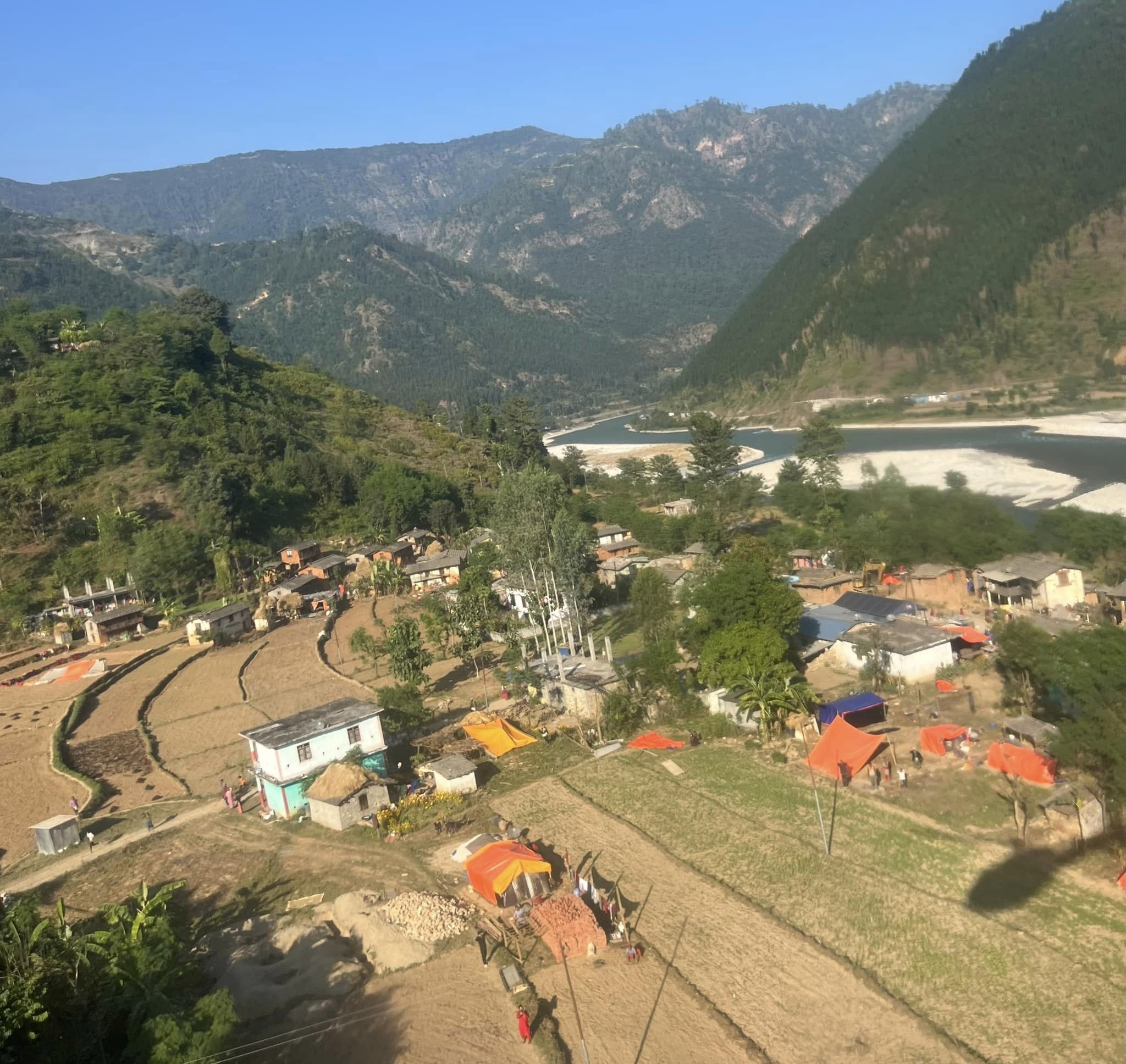

‘Green restoration’ would be carried out in the areas affected by the Jajarkot earthquake that occurred on November 3.
Karnali province government is to formulate and implement short-term, mid-term, and long-term plans to address the problems seen in such areas.
The provincial government has started discussions with local levels, donor agencies, and concerned bodies to make such plans. An interaction was organized in Surkhet today in collaboration with the Ministry for Land Management, Agriculture and Cooperative of Karnali Province and Karnali Integrated Rural Development and Research Centre.
On the occasion, Minister for Land Management, Agriculture, and Cooperative, Bhim Prakash Sharma, emphasized that all bodies should carry out activities united to face the situation that surfaced from the disaster.
He mentioned, “Special attention should be paid to the development and promotion of the agriculture sector for the long-term solution of the problems that surfaced after the disaster and safety of human life.”
Stressing that donor agencies should determine their areas of cooperation, Minister Sharma shared that the interaction was organized to revive the agriculture sector for the local economy and better livelihood.
Similarly, the Food and Agriculture Organisation (FAO) Representative for Nepal and Bhutan, Ken Simizu, said the FAO has been carrying out activities in the development and promotion of agriculture in Nepal during disasters as well as normal situations.
He lauded the activities of rescue, search, relief, and rehabilitation carried out by federal, province governments, and local levels at Jajarkot earthquake-affected areas, stressing on green revival of affected areas.
Likewise, the Spokesperson at the Ministry of Land Management, Agriculture and Cooperative, Dhan Bahadur Kathayat, presented a report related to losses in the agriculture sector from the earthquake as well as a monitoring and supervision report.
FAO Representative Thakur Prasad Chauhan opined that the monitoring of earthquake-affected areas has shown a path to move ahead in the long-term livelihood of farmers.